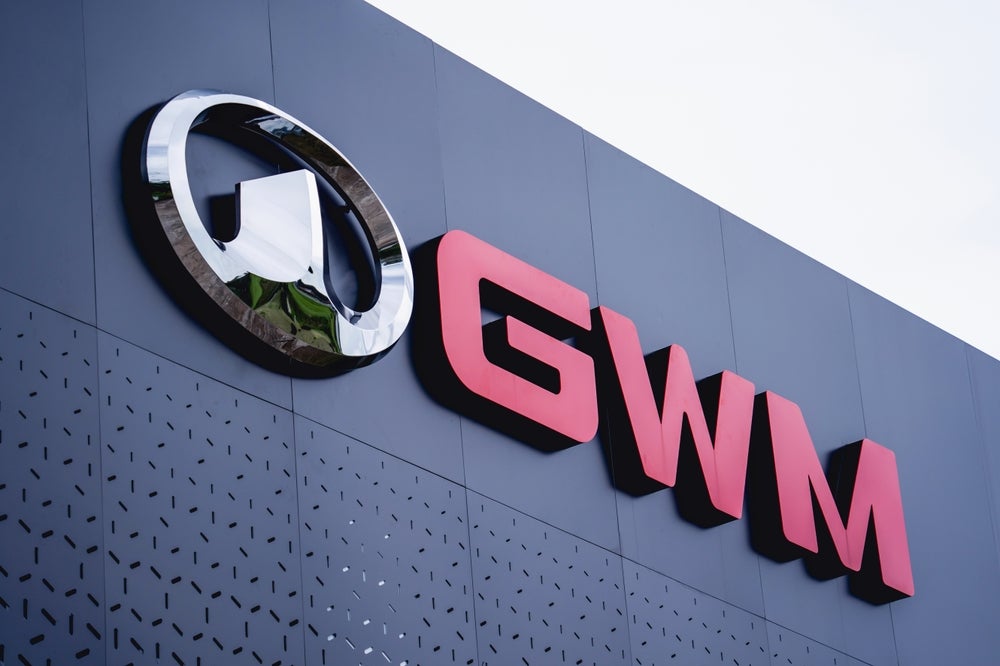
A shuttered Illinois Jeep assembly plant will be at the centre of a power struggle between the United Auto Workers union and Detroit’s automakers as the manufacturers double down on cutting costs to fund an accelerated transition to electric vehicles, according to a Reuters report.
When the Stellantis factory in Belvidere was idled in February, it left union members in shock as they had not expected the shutdown until June, the news agency said.
“They wanted to reduce us even more which seemed like an impossible feat,” Matt Frantzen, the local union president in Belvidere, reportedly said of the decision following a prior elimination of two work shifts at the factory. “We were seeing the writing’s on the wall.”
Reuters said the threat of more plant closures is just one item on a contentious agenda as negotiators for Detroit’s automakers and the UAW formally start negotiations in mid July to replace an expiring four year contract.
General Motors, Ford and Stellantis executives have said they must reduce labour costs as they overhaul U.S. factories to build EVs to match Tesla and other non-union manufacturers.
UAW President Shawn Fain has countered there should be no jobs lost because of the shift to EVs. Fain and UAW leaders have used social media and visits to Washington to turn the spotlight on the Detroit automakers’ robust profits and hefty pay packages for executives, rather than the cost of the shift to EVs.
Reuters said Fain had called for substantial pay hikes for workers, and for restoring cost of living adjustments and ending lower wages for new workers. His agenda and the combative rhetoric of his campaign to build support have many industry executives and analysts factoring in a strike once contracts expire in September.
The real question is how long will UAW workers stay off the job, Mark Wakefield, co-head of AlixPartners’ automotive practice, told Reuters.
“I am very concerned about it,” Wakefield said. “It doesn’t look good at the moment. It’s very difficult to forecast. Is it a week or two, or three or four months.”
Reuters noted GM CEO Mary Barra and Ford CEO Jim Farley have sought to defuse tension with the union, signing off on multibillion dollar investments in US factories where UAW members build combustion vehicles, and both have said they want to bring workers along as they shift toward EVs.
“It’s important that we actually get to the table and we start to problem solve,” Barra told CNBC in a recent interview.
In an opinion piece published in the Detroit Free Press, Farley said the automaker’s management and union workers “share common goals – reaching a new deal that allows us to stay ahead of the changing industry landscape, protecting good paying jobs in the US and continuing to offer innovative and affordable products to our customers.”
But, according to Reuters, Stellantis CEO Carlos Tavares has warned that more factories could be forced to close as more costly EVs take sales from combustion models. He has so far stuck to his decision to put the Belvidere plant on track for closure in the face of UAW criticism.
The news agency noted that, in April, Stellantis offered voluntary exit packages to 33,500 US employees in an effort to streamline its restructuring plan toward EVs. Around 1,680 union workers company wide agreed to take the buyout, according to a union representative.
A spokesperson for Stellantis declined to comment to Reuters on the number of employees who have accepted buyouts and said the process was still ongoing.
Meanwhile, several hundred of the Belvidere plant’s roughly 1,300 laid-off UAW workers are in limbo, either waiting to be transferred or hoping state officials can sway the automaker with generous tax incentives to keep jobs local.
Reuters said politics could play a role in deciding the Belvidere plant’s future, and the broader restructuring of the US auto industry.
During a speech in Chicago last week, President Joe Biden outlined his plan to invest US$2bn from last year’s Inflation Reduction Act to accelerate domestic manufacturing of EVs and resuscitate plants that were struggling.






